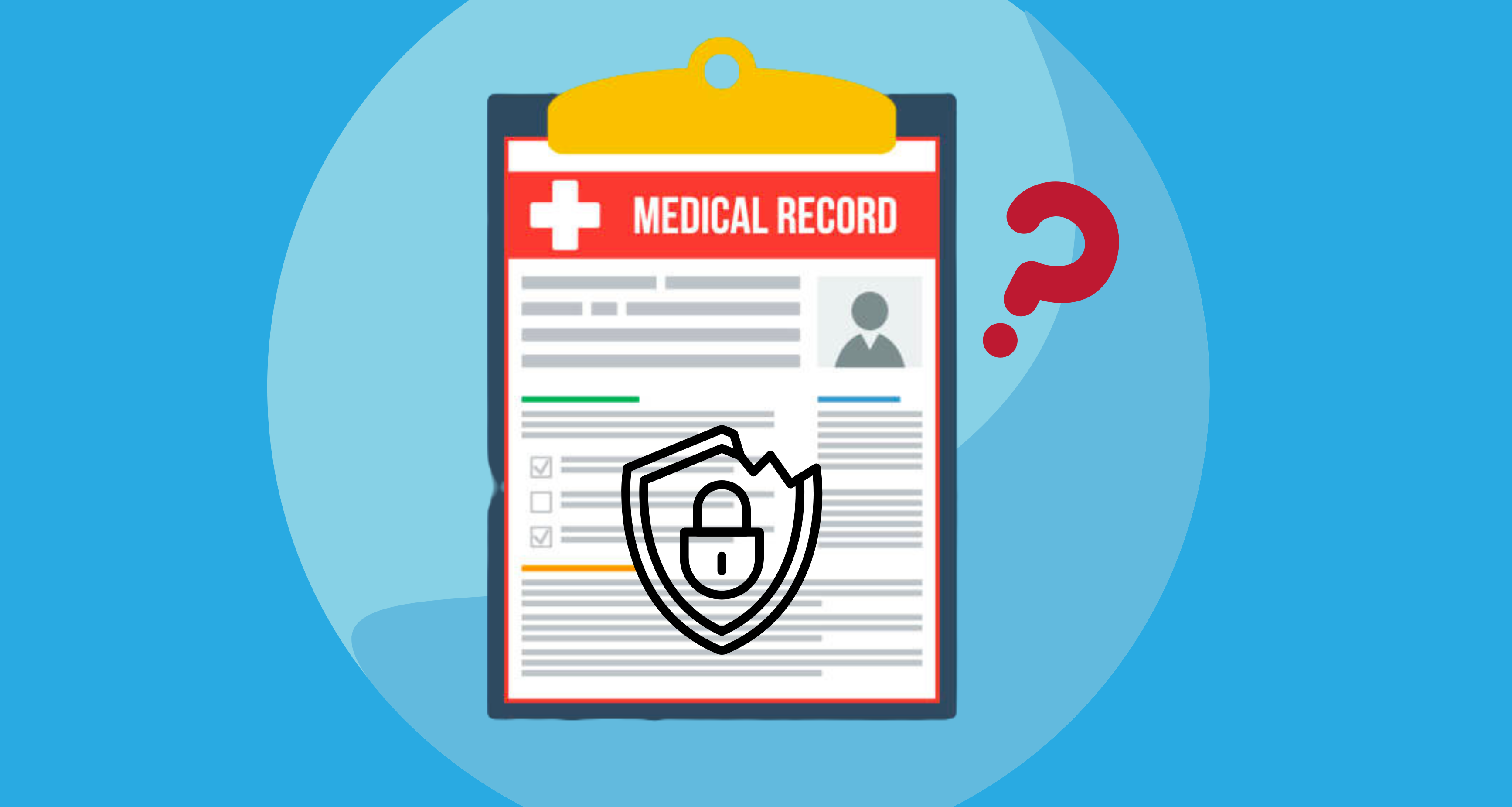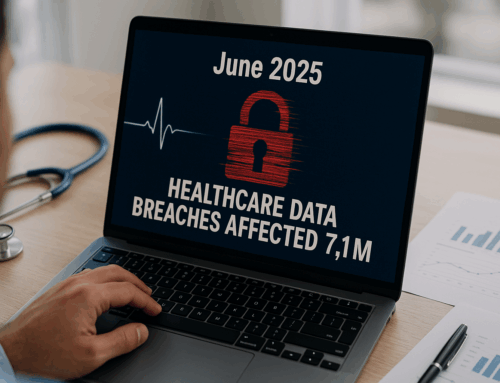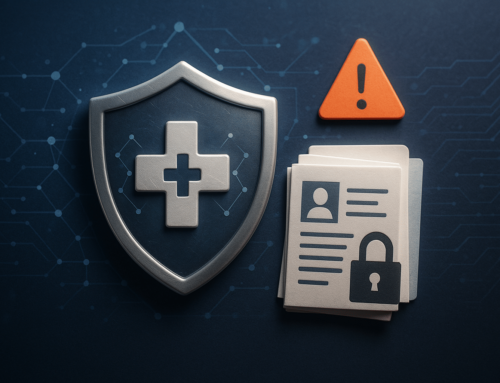
With a staggering number of healthcare data breaches making headlines, it’s no wonder that patients are growing increasingly anxious about the safety of their sensitive health information. In fact, just in the first half of 2023, the HHS’ Office for Civil Rights received reports of 339 data breaches involving 500 or more records.
While this does show a decline compared to previous years, it’s still alarming to note that over 41 million healthcare records have already fallen into the wrong hands within a mere six months – a jaw-dropping figure that falls only slightly shy of last year’s total breach count.
Patient Perceptions on Medical Record Privacy: Insights from a Health Gorilla Survey
Health Gorilla, a company that helps with health information exchange and sharing between different systems, recently surveyed patients to understand what they think about the privacy of their medical records. They asked 1,213 patients who had visited a doctor in the past year.
The results showed that:
- 95% of patients were worried about someone stealing or leaking their medical records online
- 70% had strong concerns about healthcare data breaches occurring
- Over half of respondents mentioned concerns about how companies handling their health data protect their privacy and security
The survey findings unveiled a pervasive sense of skepticism towards colossal tech giants like:
- Amazon
- Microsoft
These companies have made significant headway into the realm of healthcare by obtaining access to crucial medical information through their products and services designed for storing such data. Remarkably, though not surprisingly, 65% of respondents expressed either zero trust or mere hesitation in these corporations. Such mistrust is no anomaly; it stems from sentiments fueled by data breaches that compromise privacy as well as a marked lack of transparency regarding how they handle and store sensitive personal information.
Protecting Personal Health Data: Safeguarding the Vulnerable in an Era of Big Tech Monetization
Big tech’s heavy reliance on leveraging data for monetization purposes alone raises apprehensions surrounding attempts to commercialize the health-related records held within their archives or, worse still – sending this invaluable knowledge off to third parties who may utilize it selfishly without consent nor consideration for individual welfare.
Patients have more confidence in government-approved health data exchange. 60% feel significantly or much more confident, but there are fears about misuse of shared data.
- 71% are comfortable sharing health data with providers for treatment
- 39% said the same for health plans
- 28% are okay with ops-related sharing
- 23% are okay with government agencies accessing their data
To solve the distrust, sharing de-identified health data is a possibility; only 64% are comfortable with it. Some (13%) still oppose it even if no personal identifiers exist.
HIPAA grants patients the right to access their medical records:
- 94% find it important
- 88% accessed their records in the past year
- 48% accessed their records in the last 3 months
HHS has taken many enforcement actions over the denial of access, but:
- 72% of patients find it easy
- 4% find it challenging to deal with
The Importance of Building Trust with Patients in Healthcare Interoperability
Steve Yaskin, Co-Founder and Chief Executive Officer at Health Gorilla, said, “The results of this privacy report indicate the urgent need to build trust with patients. As we make progress in setting a universal floor for interoperability, patients must have confidence in the system for healthcare interoperability to work” He emphasizes this point by stating, “The majority of patients don’t believe that vendors are doing enough to protect their health data and have serious concerns about a potential breach of their medical records. Patients must serve as a prominent voice in our national dialogue on health data privacy. The actual solutions will come in many forms, but one thing is abundantly clear — it’s time to act.”










